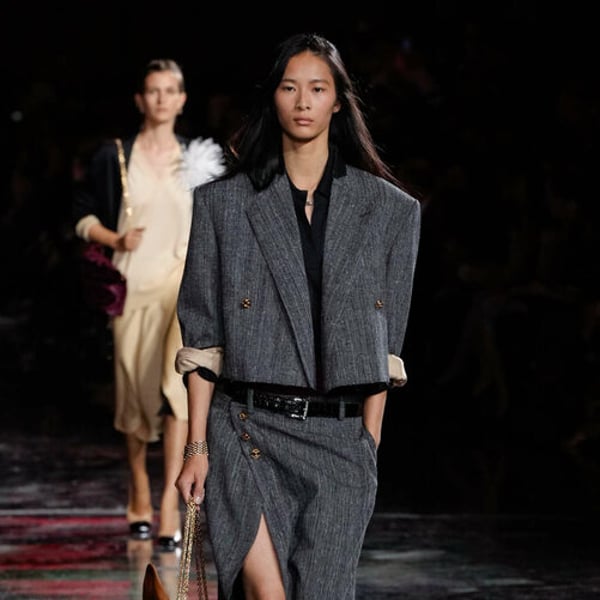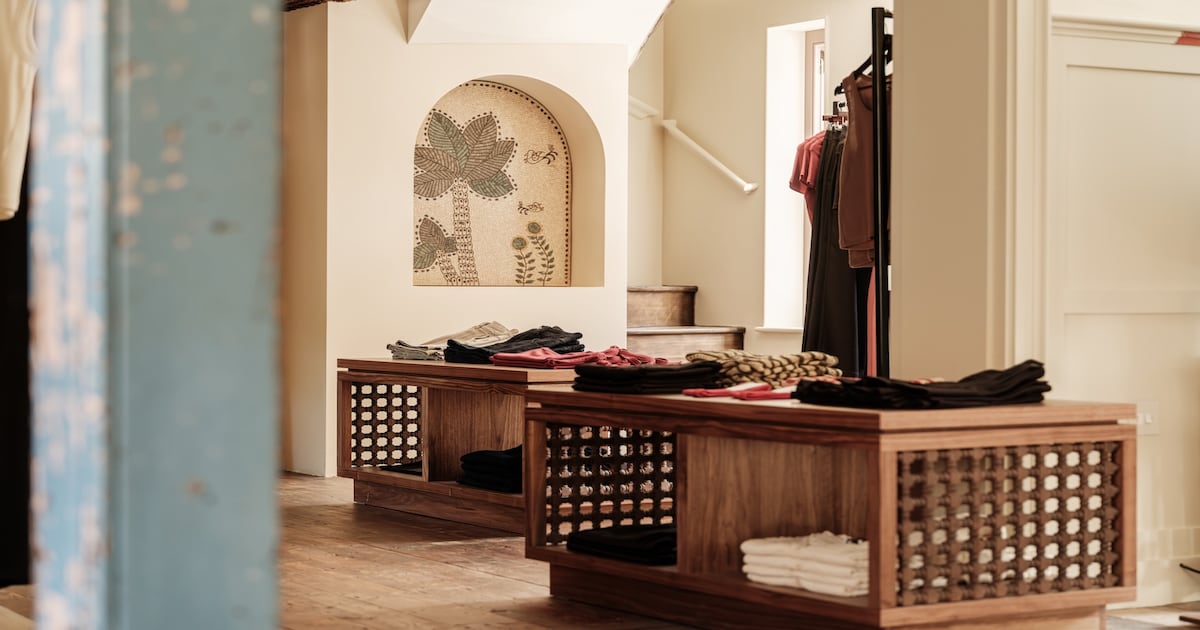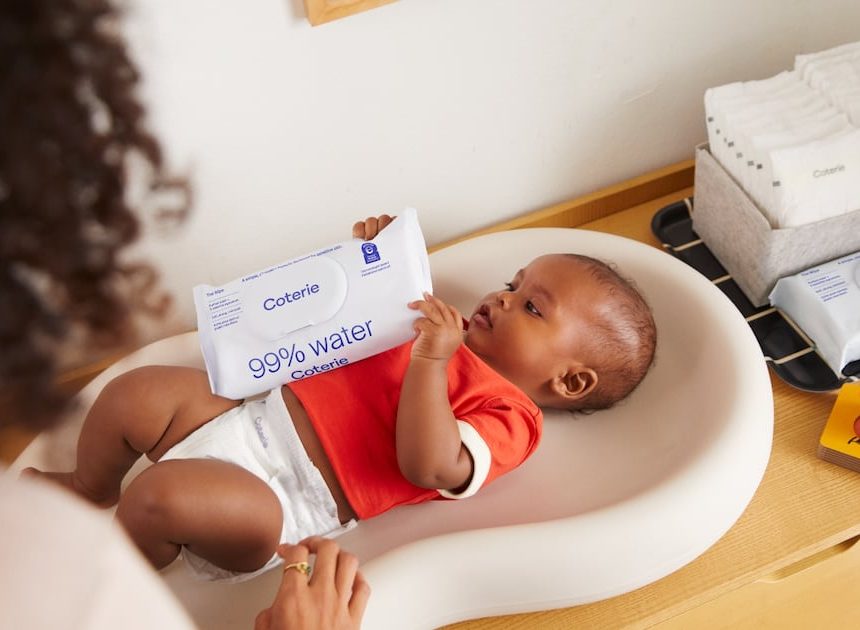By
Bloomberg
Published
November 3, 2025
European companies’ results show they’re navigating US tariffs a lot better than anticipated — a good omen for next year when they’re expected to deliver double-digit profit growth.
A Goldman Sachs Group Inc. basket of European stocks most exposed to tariffs outperformed the broader market in October after trailing for most of the year. The basket, including companies like Legrand SA, BMW AG and Adidas AG, rallied about 6% as the earnings season unfolds, twice the gains of the Stoxx Europe 600 and three times those of domestically tilted equities.
“In truth, the impact of tariffs has so far been somewhat negligible for European companies except some rare exceptions,” said Nicolas Domont, a fund manager at Optigestion in Paris.
Tariffs or not, the US has driven sales growth at a slew of the region’s companies, from Hermes International SCA and Unilever Plc to Galderma Group AG, ABB Ltd. and Haleon Plc. That’s setting the stage for next year when consensus expectations are for Stoxx 600 companies’ earnings per share to grow 12%, according to data compiled by Bloomberg Intelligence.
In the latest quarter — the first period when Trump’s tariffs were in place — several companies credited growth in the Americas for their ability to beat analysts’ estimates and raise their outlook.
Birkin bag maker Hermes racked up a whopping 14.1% jump in sales in the region that includes the US. Unilever credited strong North American demand for its better-than-expected sales. Swiss skincare giant Galderma raised its outlook for the year citing strong US sales.
“Tariffs are testing profit resilience worldwide — and so far, companies are managing to adapt,” wrote Bloomberg Intelligence equity strategist Gillian Wolff. “Europe’s exporters have trimmed expenses to offset higher energy prices and the bite of tariffs.”
Unilever is a case in point. Growth in North America for the maker of Hellmann’s mayonnaise was led by demand for personal care items such as Dove soap and premium products like K18 hair care and Nutrafol supplements. Unilever said it’s cutting costs to avoid pushing up prices and forcing consumers toward cheaper brands.
“We continue delivering significant volume growth in the US,” said Chief Executive Officer Fernando Fernandez.
President Donald Trump’s administration has slapped a 15% tariff on goods imported from the European Union, 10% from the UK and 39% from Switzerland, in addition to sectoral levies on industries like steel.
European pharmaceutical companies like Novartis AG, GSK Plc and Roche Holding AG have been in talks with the US government on cutting drug prices and have pledged billions in investments for a reprieve on looming sectoral tariffs. UK peer AstraZeneca Plc struck a deal in October.
Companies’ efforts to mitigate the impact of tariffs has forced investors to cover their shorts or jump back into exporters. The tariff issue has dropped off the radar and comes up less and less on earnings calls, Bloomberg analysis shows. Transcripts show EU companies are optimistic on the outlook, less worried about tariffs and positive on AI efficiency gains, a Barclays report on Friday said.
“We passed peak uncertainty in April when Trump announced tariffs which were well above expectations,” said Ariane Hayate, a fund manager at Edmond de Rothschild Asset Management. “What’s really reassuring is the speed at which companies have adapted to tariffs and have been able to announce shift of production to other countries or the US, like for the pharmaceutical companies, but also smaller consumer goods maker.”
Cetaphil maker Galderma raised its full-year growth target on optimism about the US market, where it has committed to spend more than $650 million on manufacturing through 2030. Carmaker Stellantis reported a 13% jump in net revenue in the third-quarter aided by a recovery in North America, where the Jeep and Ram owner updated its offering and worked down inventory. It has pledged to invest $13 billion in the US over the next four years.
Purveyors of luxury, including LVMH Moët Hennessy Louis Vuitton SE and Gucci owner Kering SA reported growth in North America, suggesting a possible end in the downward spiral in the demand for high-end goods. Elsewhere, sales unexpectedly grew in North America for the UK’s Haleon, fueled by products like Sensodyne toothpaste and Tums antacid. Swiss automation technologies provider ABB saw orders soar on AI demand, and said it hasn’t seen any material impact on demand or profitability from US tariff-related uncertainties.
Granted, not all companies have been spared. Spirits makers like Remy Cointreau SA and Pernod Ricard SA, forced to make their Cognac in the region that gives the beverage its name, have signaled a weaker-than-expected US recovery. Tiremaker Michelin has warned that it sees its North American struggles lasting into next year, while French cosmetics maker L’Oreal reported weakness in the US.
“There’s a narrative growing along the lines that the tariffs are manageable, that they won’t hurt that much but I think it’s too soon to tell,” said Gilles Guibout, head of European equities at AXA IM. “There was a very positive surprise on pharmaceuticals, for instance, but the dust hasn’t settled yet. These things take time to implement and to kick in. My take? To be continued! Let’s not forget that there’s also the FX impact on earnings that will gradually percolate through.”


